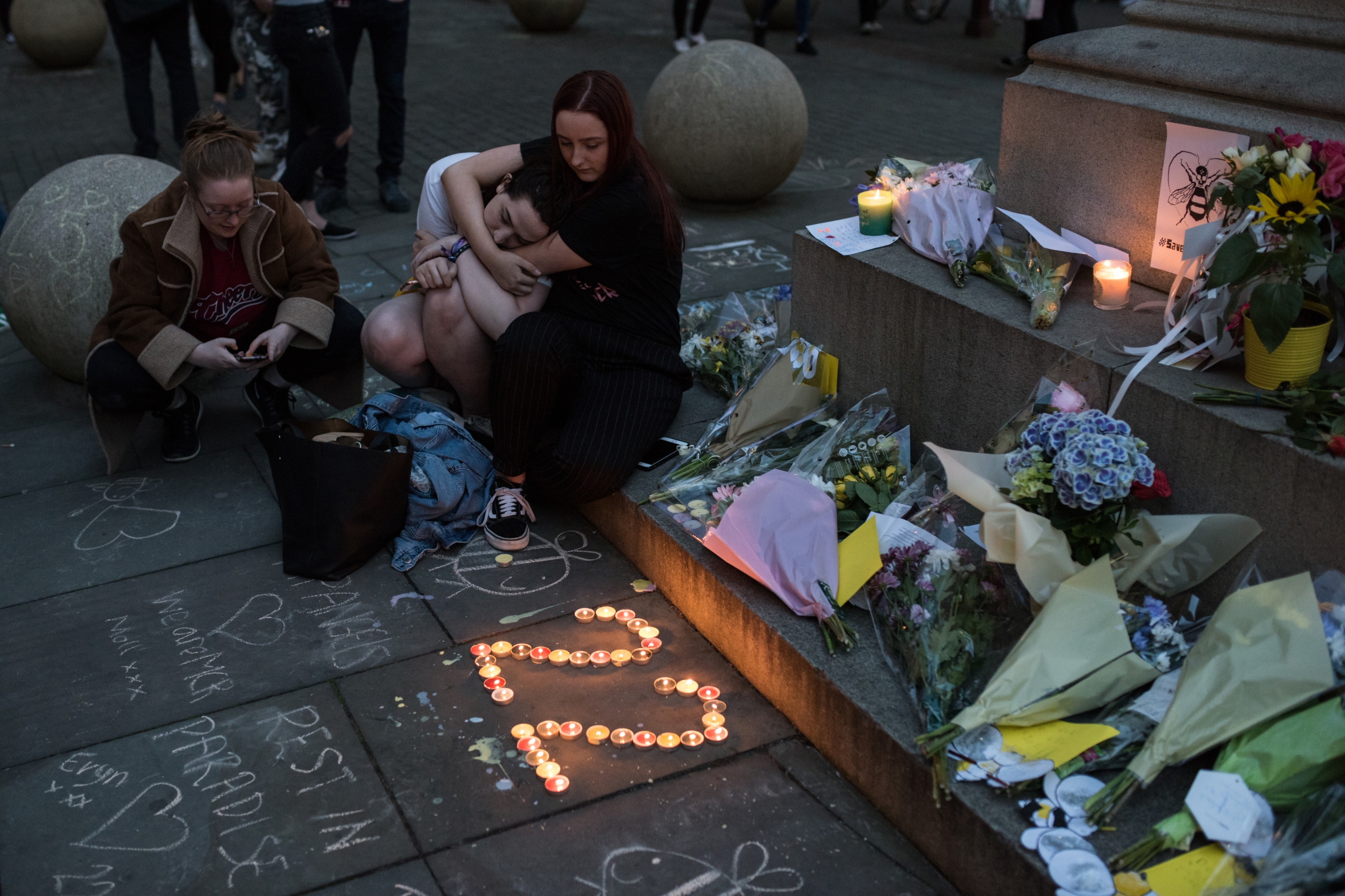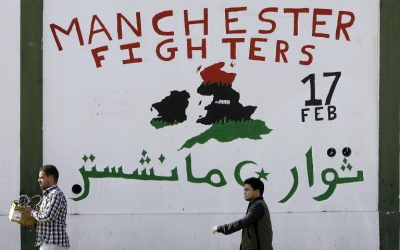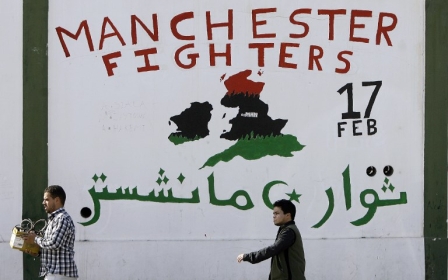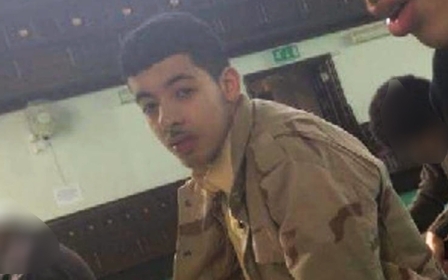British government launches public inquiry into Manchester attack

The UK government has announced an inquiry into the 2017 Manchester attack, replacing a previous investigation that was scrapped over “national security” concerns.
Twenty-two people were killed and hundreds injured in the suicide bomb attack at the Manchester Arena in May 2017 after an Ariana Grande concert.
The announcement comes on the same day that Hashem Abedi, the brother of Salman Abedi, the British-Libyan suspected of carrying out the attack, pled not guilty to 22 counts of murder at a hearing ahead of his January trial. Salman Abedi is set to go on trial next month.
Home Secretary Priti Patel said on Tuesday: “It is vital that those who survived or lost loved ones in the Manchester Arena attack get the answers that they need and that we learn the lessons, whatever they may be.
“This process is an important step for those affected as they look to move on from the attack, and I know that they want answers as quickly as possible.”
Victims' families had told a hearing that they expected transparency in the inquest - the first investigation set up into the deaths - amid concerns that some evidence highlighted “shortcomings” of the security services.
However, the inquest floundered after it emerged that the home secretary had applied for “public interest immunity” on behalf of MI5, Britain’s domestic intelligence services, to keep “centrally important” information from the public.
In response, coroner Sir John Saunders wrote to Patel to request that the inquest be turned into a public inquiry - which has different rules, allowing some evidence to be heard in secret.
This would in effect exclude families from parts of the investigation.
It will be the first time in decades that an inquiry into a militant attack on mainland Britain has taken place partly in secret. Saunders, a former high court judge, is set to head the inquiry.
“National security may not be the concern, but instead national humiliation,” John Cooper QC, who represents some of the families, said at a previous hearing.
Elkan Abrahamson, a solicitor for several of the bereaved families, said his clients wanted “maximum transparency”, adding that any partially closed inquiry “must not be allowed to stop the truth coming out, in particular where there are known failures by MI5 and counter-terrorism police which may have contributed to the loss of life,” The Guardian reported last month.
A parliamentary watchdog had concluded in 2018 that MI5 and counter-terrorism organisations had missed chances to prevent the attack.
According to the Intelligence and Security Committee, intelligence agencies failed to consider Abedi for referral to the government Prevent programme and failed to take any follow-up action after it became known that Abedi had established militant contacts.
In the days after the attack, Middle East Eye reported the existence of a British government open-door policy allowing Libyan dissidents to take up arms against Muammar Gaddafi, even though it deemed some of those individuals to be security threats.
The Home Office told MEE at the time that it did not comment on individual cases.
Middle East Eye delivers independent and unrivalled coverage and analysis of the Middle East, North Africa and beyond. To learn more about republishing this content and the associated fees, please fill out this form. More about MEE can be found here.





